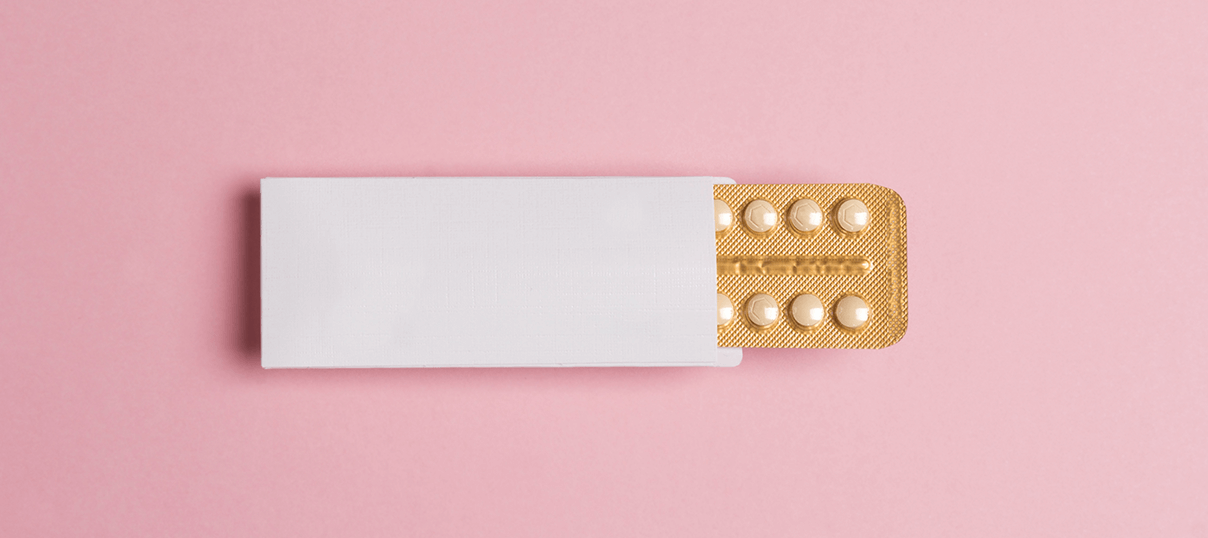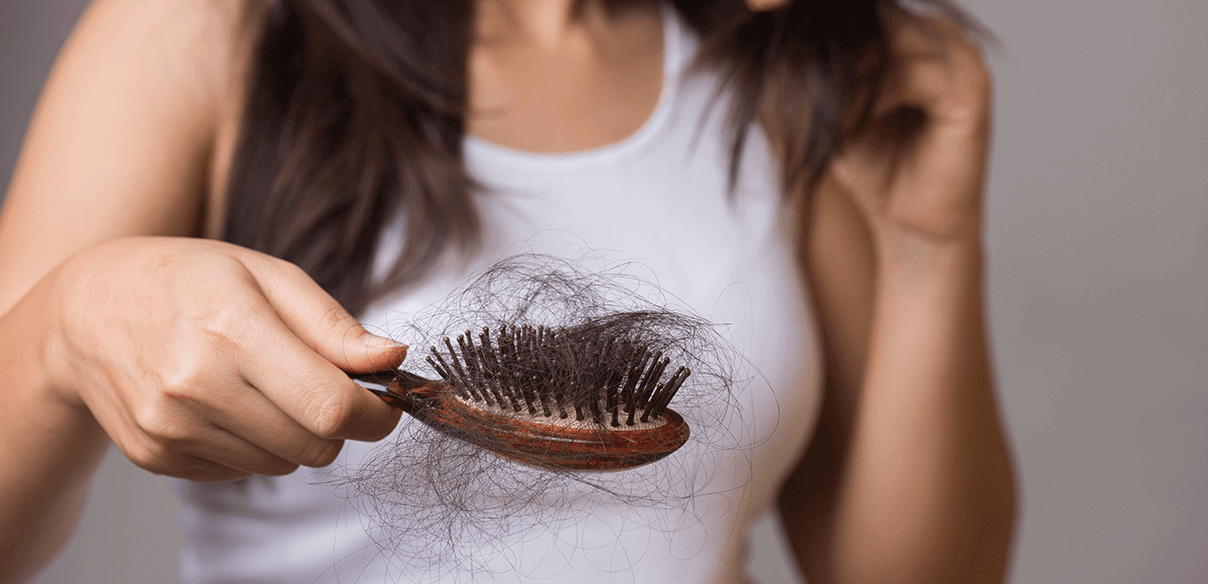Hair loss is normal. However, bad habits can worsen your hair loss. Read on to find out how.
On average, we lose between 50 and 100 hairs per day. Certain factors can sometimes aggravate hair loss. Other elements, such as chronic androgenetic alopecia can also cause significant hair loss. This is linked to an excessive sensitivity of the hair follicles to male hormones, however, there are many other factors that can contribute to aggravating existing alopecia. Find out which habits you need to change in order to limit your hair loss.
Hair loss linked to an unsuitable diet
A balanced diet contributes to healthy hair. Protein, iron, zinc… All these nutrients are essential. In the event of a nutritional deficiency, the hair can quickly become fragile, dry, dull and brittle. There is then a risk of more significant hair loss. In order to fight against hair loss, choose protein-rich foods such as cheese or soy. Consuming lentils will also allow you to fill up on B vitamins, zinc and sulphur.

Hair loss caused by stress
Stressful situations cause the release of a set of hormones within the body. Ultimately, this phenomenon has a negative effect on our body and, in particular, on hair loss.1
Certain situations can also lead to emotional shock (mourning, divorce…) and trigger hair loss aggravating androgenetic alopecia that’s already present. It should be noted that this aggravation can occur several months after the shock and is explained, like stress, by an increased secretion of androgen hormones.

Motherhood, a roller coaster for your hair
Pregnancy and childbirth cause significant hormonal changes, including an increase in estrogen production. This promotes hair growth and makes it less likely to fall out. After giving birth, estrogen decreases and can lead to hair loss. Don't panic, this is temporary – the hair will regain its normal thickness within a few months.

Contraceptives and hair loss
As we have seen, hormones directly influence the health of your hair and any potential hair loss. As a result, contraceptives can prove to be beneficial for your hair, slowing down or reversing the effects of alopecia. It is therefore recommended that you discuss this with your gynecologist when prescribing your contraceptive pill.

Menopause weakens your hair
During menopause, the body undergoes significant hormonal changes, including a drop in estrogen levels.2 Throughout life, this hormone has partially compensated for the effects of male hormones, reducing the risk of alopecia in women. The risk of losing hair, or even triggering androgenetic alopecia, increases at menopause.
Seasonal hair loss
You may already have noticed that with the arrival of Autumn and Spring, you tend to lose more hair than normal. This may be seasonal alopecia due to changes in temperature and light. During this period, you can lose more than a hundred hairs per day. These moments of transition between seasons last on average between 4 and 6 weeks.
Cholesterol, a cause of hair loss?
Although not fully understood, there is a link between excess bad cholesterol and androgenetic alopecia. People with high cholesterol levels are more often affected by androgenetic alopecia.3 At present, this issue is still being debated in the scientific community and studies are underway.
Hair loss and medication
Many types of medication can cause drug-induced alopecia, with chemotherapy being the first that comes to mind. However there are other forms of medication that can also cause significant hair loss, including certain antidepressants and antihypertensives. It should be noted that these effects are usually reversible, and hair will grow back when treatment is stopped.
1. https://www.sciencedirect.com/science/article/pii/S0022202X15309635#bb0030 2.https://www.chu-toulouse.fr/qu-est-ce-que-les-oestrogenes-et-a 3.The ‘bald’ phenotype (androgenetic alopecia) is caused by the high glycaemic, high cholesterol and low mineral ‘western diet’ - ScienceDirect





